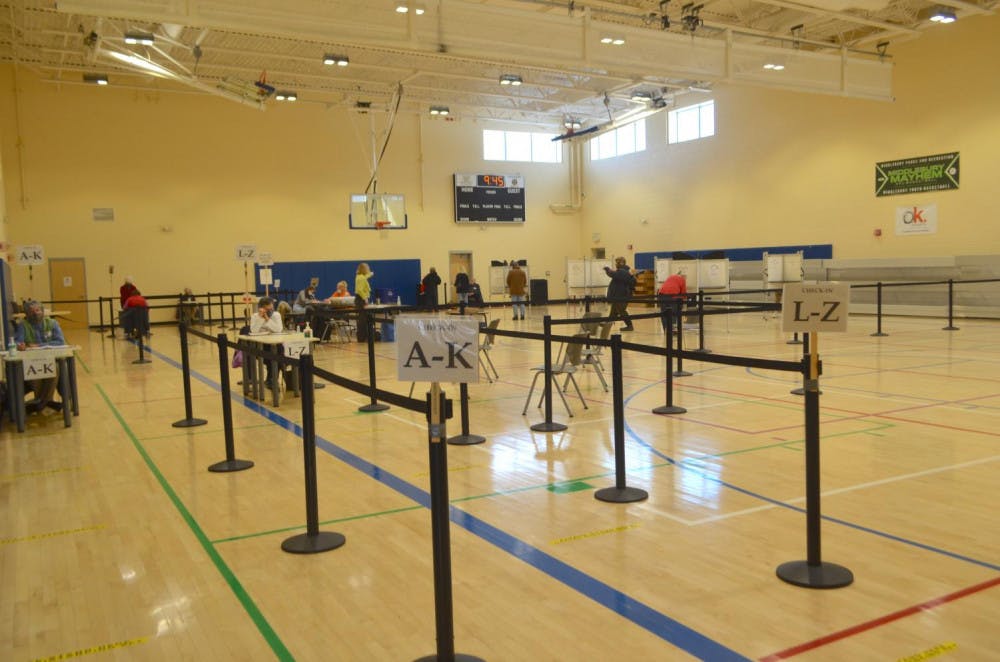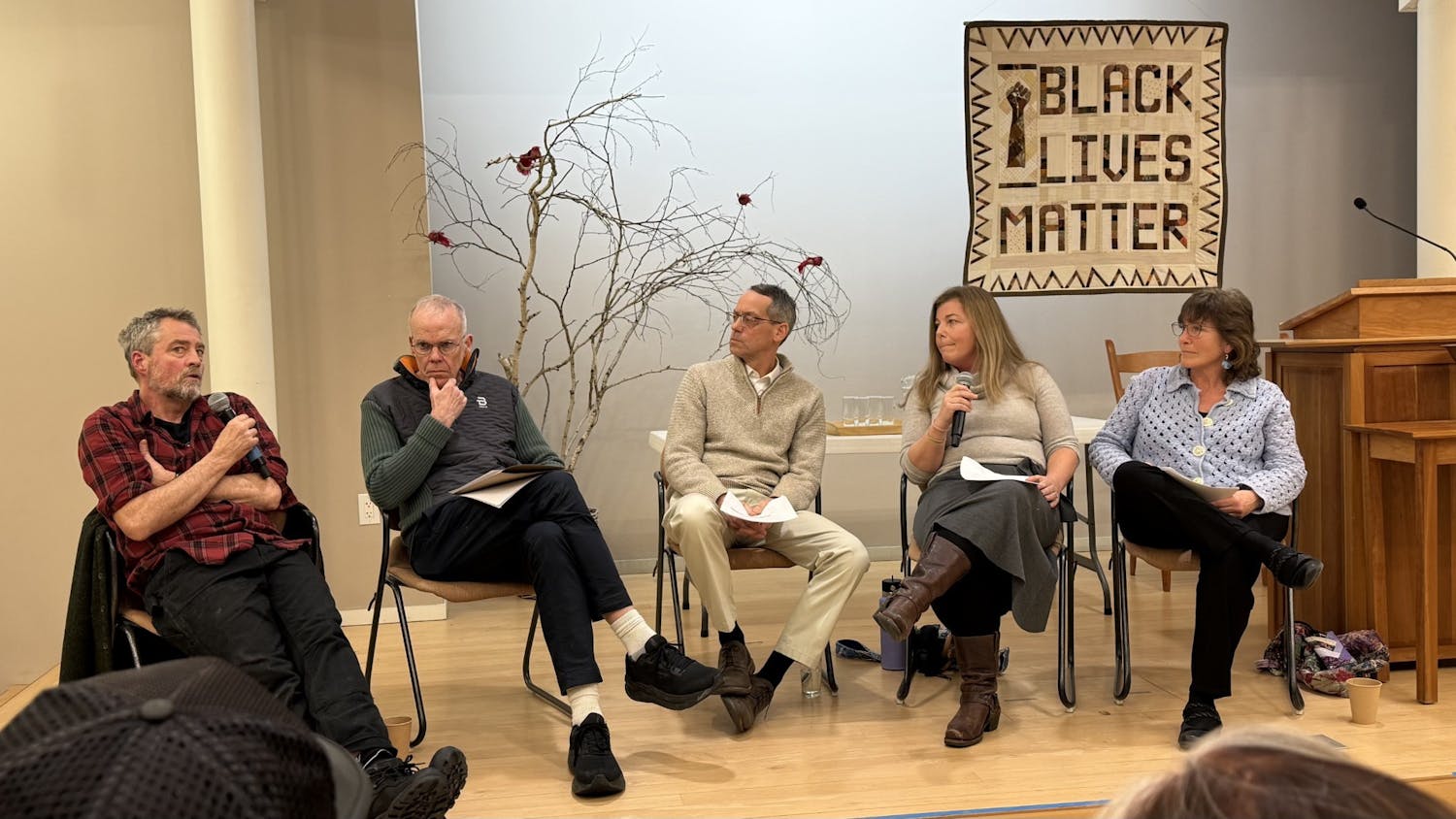Elections across the state of Vermont last Tuesday largely returned incumbents to state offices as candidates and the electorate both responded to pandemic challenges. In a record-breaking election turnout, Vermont voters cast roughly 44,000 more votes this year compared to 2016.

In the presidential race, former Vice President Joe Biden carried Vermont with over 66% of the vote, 10 percentage points more than Hillary Clinton in 2016. Governor Phil Scott, a Republican, was easily re-elected over current Lieutenant Governor David Zuckerman with about 69% of the vote.
Scott is one of several Republican governors who openly refused to support President Trump’s re-election and has notably said he crossed party lines to vote for now President-elect Biden, making him the only incumbent GOP governor to publicly vote for the Democratic candidate.
Democrat Molly Gray was elected Lieutenant Governor and will replace Zuckerman come January. In Congress, Democrat Peter Welch easily won re-election as Vermont’s sole delegate in the U.S. House of Representatives.
There were no U.S. Senate elections in Vermont this election cycle. It is uncertain whether Patrick Leahy, who has served in office since 1975, will run in 2022. Leahy is the most senior member of the Senate by time in office.
Middlebury College student Asa Skinder ’22.5 was elected High Bailiff of Washington County after becoming the Democratic nominee from write-in votes. Skinder spent much of Election Day outside polling places reaching out to undecided voters. He noted, however, that many Vermonters voted by mail this year.
For Skinder, defeating an incumbent is a sign that people want change. “The voters of Washington County want real oversight of their law enforcement agencies and are ready to consider how these institutions might be reimagined to better serve all members of the community,” Skinder said.
In Addison County, incumbent Democrats Ruth Hardy and Christopher Bray were re-elected by significant margins to the Vermont Senate.
“My number one priority is to continue our work to keep our state as safe as possible during the pandemic and reacting to the impact of a pandemic on systems and people, across our state,” Hardy said.
In the county's state House elections, the only current legislator not to win election was Peter Reed, an independent appointed by Governor Scott in January 2020 after former state representative Ben Jickling stepped down. Democrat Larry Satcowitz, endorsed by Bernie Sanders, is to take his place.
Dave Silberman won his race for high bailiff in Addison County with 2,584 votes. Republican opponent Ron Holmes — who first ran against and lost to Silberman in a Democratic primary — finished with 1,029 votes, while independent Michael Robert Elmore tallied 435.
This year has brought a host of new challenges and complexities to the election cycle as the nation continues to deal with the ongoing Covid-19 pandemic.
Vermont’s Secretary of State office expanded mail-in voting like many states. All active registered voters were automatically sent a ballot without needing to request one. Additionally, in-person voting was available with new safety guidelines to prevent the transmission of Covid-19.
Despite the challenges that the pandemic posed to both campaigning and voting, Vermont saw record turnout in electing its next generation of lawmakers and leaders.
See all election night results here.
Editor’s Note: Ruth Hardy is married to Middlebury College Professor of Film and Media Culture Jason Mittell, who is the Campus’s academic advisor.
Jack Summersby is a local editor.




